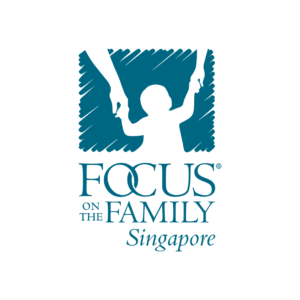B. Feedback on proposed amendments to enhance the accountability and strengthen the rehabilitation of perpetrators of family violence
- Disallow applications for the revocation of PPOs where the counselling order has not been completed.
We support the proposed amendment as safety – physical and psychological – is paramount, and positive change in terms of rehabilitation or restoration should be the ultimate goal. In the thick of a volatile and perhaps chronic family violence situation, both the PPO applicant and respondent are prone to swing between extremes of behaviour and less objective changes of mind.
Exceptions may be made where the case worker or help professional* is able to assess that there is sufficient safety and stability in the relationship for the PPO to be revoked, despite the counselling order not being fulfilled. A possibility is to make the exception based on the stage or degree of completion of the counselling order where there is a valid reason for incompletion, such as a severe or prolonged medical illness; or based on assurance of mitigating support (e.g. family members who are available and able to intervene as necessary).
In any case, given that the premise of the counselling order is to bring about a complete cessation to the violence as well as healing to the person(s) involved and their relationship, there should be a commitment and attempts made to complete the healing journey even after the PPO is revoked.
*This could fall within the jurisdiction of the Director-General of Social Welfare (DGSW) and its appointed protectors e.g. selected MSF offices, appointed social service professionals, to make the judgement as well as third-party (time-limited) immediate PPO applications.
- Take a stronger approach against breaches of counselling orders and the proposed mandatory assessment and treatment orders, including making breaches of both types of orders a criminal offence.
The proposed mandatory assessment and treatment orders are intended for perpetrators with treatable mental conditions that contributed to or exacerbate the risk of occurrence of family violence.
We agree that a stronger approach for breaches of both counselling orders and assessment and treatment orders – which should be broadened to include other interventions and programmes aimed at reducing the risk of recurrence of family violence and increasing the success rate of recovery – would help to ensure that perpetrators of family violence take these orders seriously and make a reasonable effort to follow them through.
Making such breaches a criminal offence would definitely lend weight to the orders and enable help professionals to enforce them as necessary interventions and hold their clients accountable. The moot point is likely about how heavy the penalty should be for a breach, which could be guided by the severity of the case and how recalcitrant the offender.
It may be necessary and fair to enforce a counselling or treatment order on the applicant as well, in which case there should be differentiation of the penalty incurred for the applicant vs the perpetrator of family violence for a breach of such orders.
All said, while the “punishment” should fit the “crime”, one can lead a horse to water but cannot force it to drink. The penalty should not be limited to a fine or prison sentence and criminal record; “exposing” a perpetrator to their supervisor and identified colleagues can help hold them accountable for their actions while providing the necessary community support towards better prosocial and respectful behaviours.










